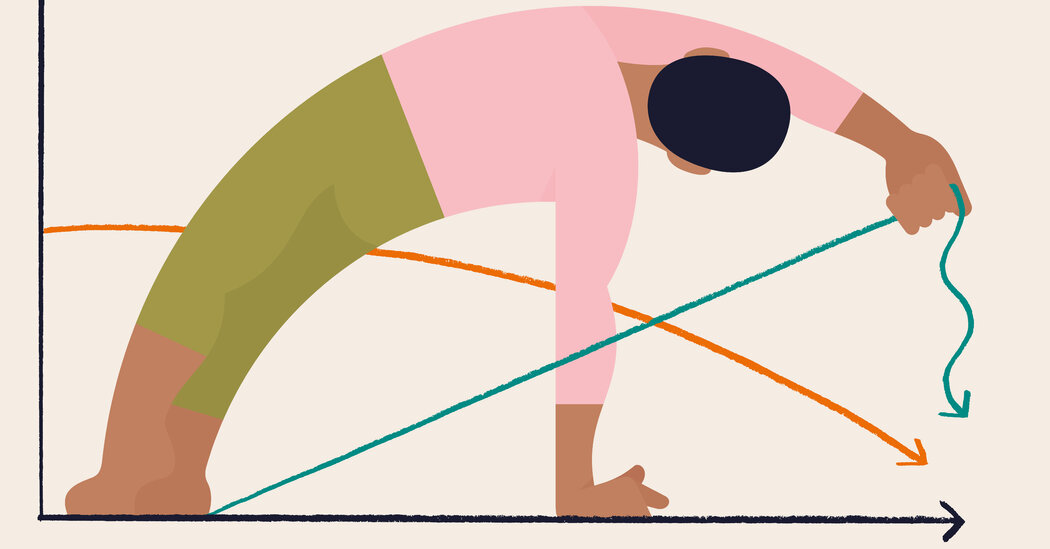Trying to stay healthy into old age is a better goal than attempting to live as long as possible.
Americans, on average, can expect to live to about age 76. But their health will start to decline much earlier than that, around age 64.
Some longevity influencers have gained notoriety by focusing on that first number, claiming that they can radically extend human life with experimental drugs or laborious diet, exercise and supplement protocols. But most experts who study aging are trying to target the second variable: not our life spans, but our “health spans” — the number of years a person lives without serious disease, particularly those related to aging.
Even if a “very vocal fringe” part of the anti-aging community talks about living to 140, said Dr. Eric Verdin, the president and chief executive officer of the Buck Institute for Research on Aging, “most serious people in the field do not.” A more realistic goal is “that most people could live to 90, 95 in good health,” he added.
Increasing health span is also more in line with what many people want. “I can tell you that older people are not afraid of dying,” said Dr. Luigi Ferrucci, a geriatrician and the scientific director at the National Institute on Aging. “What they are concerned about is that at some point they will become a burden for their family.”
There are currently two main ways experts think we may be able to extend our health spans. The first is by adopting everyday healthy behaviors we already know we should be engaging in: exercising regularly, eating nutritious food, getting good sleep and investing in our social bonds. The second is using more experimental approaches that target cellular processes involved with aging through drugs, genetic manipulations or extreme diets.
These innovative anti-aging interventions have been shown to lengthen the lives of worms and mice. But it would take decades, and billions of dollars, to determine whether they can help humans live longer, too. So instead, researchers are beginning to test a few of them in people to see if they can prolong health spans. The hope is that the drugs and other interventions will slow down how fast someone is aging, which in turn could delay the onset of disease.
